Artificial intelligence (AI), being a comprehensive application technology, impacts various areas and transforms social interactions, changing the way people relate to both technology and each other, whether through automation, virtual assistants, or data analysis.
Ethics, Privacy, and Security in AI
That’s why ethics, privacy, and security are fundamental factors for the development and use of this technology, as AI directly influences our lives and its growing presence in the digital environment raises legitimate concerns about these aspects.
Challenges of Data Collection
One of the main issues lies in large-scale data collection, as algorithms depend on large quantities to learn patterns and perform specific tasks. However, without proper precautions, this can result in serious privacy violations.
Anonymization and Data Protection
The use of anonymization techniques is essential to ensure that the data used to train AI models cannot be linked to specific individuals. By making personal data anonymous, we significantly mitigate the risks associated with improper exposure and the development of biased algorithms.
Cybersecurity
Furthermore, it’s important to adopt cybersecurity practices, including constant updating of systems and the implementation of advanced firewalls to prevent invasions and data leaks.
Education and Ethical Awareness
Regarding education, it’s important to cultivate ethical awareness from the start. Students should understand, beyond the technical complexities of artificial intelligence, the ethical implications inherent in data collection and use.
Transparency and Corporate Ethics
Companies and organizations, in turn, should be transparent about their data collection practices, giving users control over their information. It’s also imperative that they adopt an ethical approach in the development and deployment of intelligent systems.




